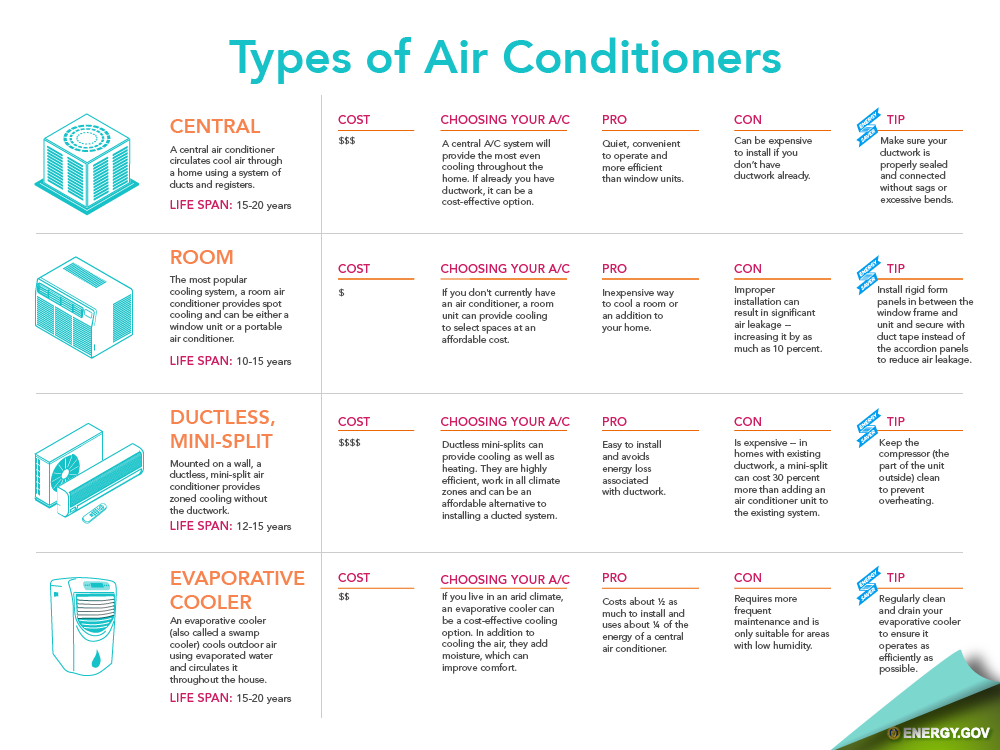Exploring The Environmental Benefits Of Warm Pumps - A Lasting Home Heating Solution
Exploring The Environmental Benefits Of Warm Pumps - A Lasting Home Heating Solution
Blog Article
Article Composed By-Forsyth Zhou
In a period where sustainability and energy performance are paramount, numerous companies look for environment-friendly heating remedies. One such option is the heat pump.
A heatpump extracts the heat in its surroundings and pumps it into your home, causing among one of the most reliable eco-friendly main heater around. This procedure additionally creates no greenhouse gas exhausts, making it an extremely lasting innovation.
Energy Effectiveness
Heat pumps are really power effective and call for little upkeep. They utilize much less electricity than various other heater and are without a doubt one of the most environmentally friendly. read the full info here work well with roof solar and can usually pay for themselves in energy financial savings alone.
They can additionally supply cooling, which is excellent for garage workshops, attic room hangouts and benefit areas, and home additions without expanding the existing ductwork. They can also be made use of for retrofits in existing homes with hydronic (water-based) circulation systems such as reduced temperature radiators or glowing floors.
Search for designs with SEER and HSPF scores that satisfy or surpass Canada's minimum requirements, along with the criteria in your area. Higher rankings suggest greater performance, which saves you money over time and lowers your carbon impact. You may also get refunds and rewards! The most effective units are those with a ground warm exchanger for added efficiency. These devices can take in thermal power from the ground throughout the winter and extract it in the summertime.
Decreased Greenhouse Gas Emissions
Heat pumps work on power and essentially move heat from the air, even when it's chilly outside. They have the ability to draw out the free warm entraped in air bits and move them inside your home, decreasing humidity while doing so.
Contrasted to gas heating systems, contemporary heatpump utilize less than one kilowatt of power per kilowatt of heating power they generate. This makes them the most power reliable home heating choice available with a POLICE OFFICER (Coefficient of Performance) of 4 or even more. By reducing the need for fossil fuels, heatpump help reduce greenhouse gas discharges and cut other significant air toxins.
Building decarbonization is an international vital, and the a/c market is a crucial motorist of that process. Whether it's investor making web absolutely no dedications, policy makers establishing emissions limits, or occupants demanding greener spaces, electrical heatpump are being acknowledged as an important option. They are an economical way to reduce carbon exhausts by getting rid of the need for nonrenewable fuel sources in structures.
airconditioning unit can be made use of in lots of types of homes and buildings-- with or without ducts. They work with hot-water radiators, air-conditioning and programmable thermostats. They can replace furnaces or be set up in brand-new houses. They can work on photovoltaic panels, geothermal systems or even area home heating sources like wastewater.
They're fantastic at supplying even more heat per energy unit. For example, an air-source heatpump produces as much as 3 or even more home heating systems from each electrical energy unit it consumes.
Obtaining the most from your heatpump will rely on your environment area and top quality of insulation. Search for models with ENERGY STAR scores and compare their SEER or HSPF specifications. In warmer environments, concentrate on SEER; in cooler regions, think about a system with a greater HSPF rating. In addition, buy air sealing and insulation to lower the tons on your heatpump. That will enhance power performance and assist you reach your Web Zero goals quicker.
Biomass Boilers
Biomass boilers make use of timber pellets, chips or logs to develop warm and hot water. They are an excellent option for off-grid homes or those who wish to get off the gas grid.
As a standalone heater, biomass can give enough power to keep your home warm all year round without the typical warm drop off of various other eco-friendly modern technologies. They can additionally be used combined with photovoltaic panels to increase financial savings and take advantage of RHI payments.
A drawback of these systems is the upfront cost and normal gas shipments. Commonly, pellets will certainly require to be blown right into a gas shop making use of a vacuum cleaner system or they can be manually fed right into the central heating boiler through a receptacle. Logs are generally self-sourced from close-by forest or acquired wholesale. In addition to this, they require hand-operated loading and may require cleaning on a regular basis.